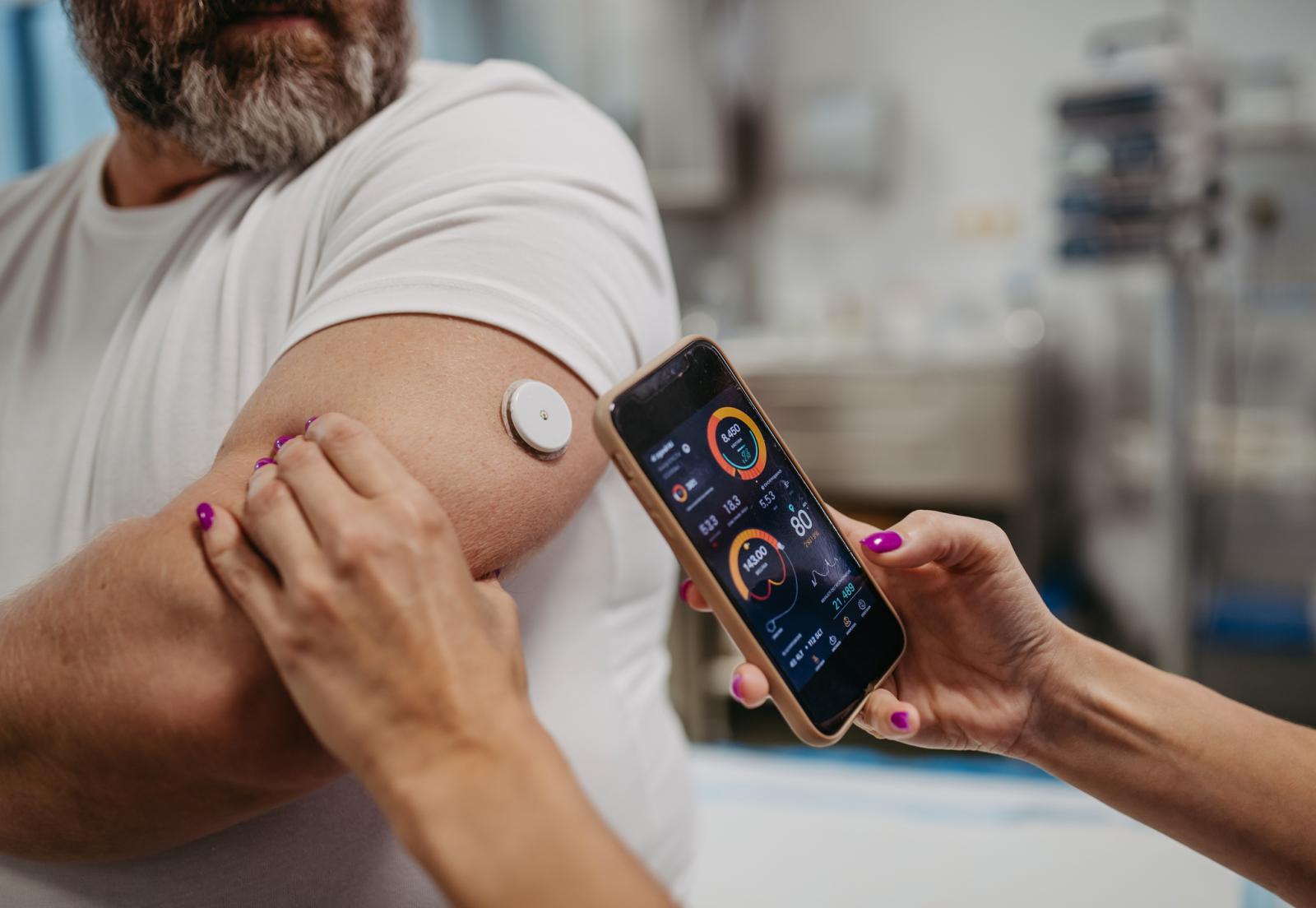The National Institute for Health and Care Excellence Expands HealthTech Evaluation Programme
In a small clinic in Manchester, a patient named Sarah, living with diabetes, had been struggling to manage her condition effectively. With insulin injections scheduled multiple times a day, her life often felt like a constant battle against her own body. Last month, she was introduced to a wearable diabetes monitoring device that continuously tracks her glucose levels and sends real-time data to her smartphone. This revolutionary technology, previously confined to niche providers, is now in line for expedited evaluation by the National Institute for Health and Care Excellence (NICE), thanks to a major overhaul of its HealthTech evaluation programme.
A New Era for Health Technology
NICE has announced a substantial expansion of its programme, bringing medical devices, diagnostics, and digital tools onto an equal footing with traditional medicines in the NHS approval process. This evolution seeks to accelerate access to groundbreaking innovations such as AI-powered diagnostics and wearable health monitors. The initiative is poised to ensure that patients like Sarah throughout England benefit from these advancements faster and more consistently.
For years, the adoption of medical technologies has been marred by a postcode lottery, where access to life-saving tools was haphazardly distributed across regions. Now, NICE will apply the same rigorous standards that bolster new medicines—translating these expectations to devices and digital health tools. As Dr. Sarah Byron, Deputy Director for HealthTech at NICE, notes, “Health technologies are reshaping healthcare, opening up new ways to care for patients, diagnose conditions earlier, and help people stay healthier for longer.”
Addressing Health Inequalities
The renewed approach aims to tackle the long-standing regional disparities in technology adoption across the NHS. In a recent survey conducted by the Health Technology Advisory Board, it was found that over 50% of patients in some regions did not have access to modern medical devices, in stark contrast to their counterparts in urban areas.
- Increased Access: Health technologies will now align with medicines in the evaluation process.
- Standardization: Uniform rigor applied to assessments ensures consistency across the board.
- Focus Areas: Initial evaluations will target high-impact technologies.
By applying established evaluation criteria to a broader spectrum of health technologies, NICE aims to create a systematic framework through which innovations can be adopted more equitably. This marks a watershed moment in NHS policy, aligning with the Government’s Life Sciences Sector Plan and the NHS’s 10-Year Health Plan, which aspires to establish the NHS as a significant customer for the burgeoning healthtech industry.
Faster Patient Outcomes
NICE’s expanded programme will offer robust recommendations for NHS-wide implementation, anchored by clear guidelines on clinical value and cost-effectiveness. The initiative is particularly vital in light of persistent issues, such as long waiting lists exacerbated by the pandemic. As innovations become more accessible, patients will experience quicker releases from the bureaucratic limbo that often follows new technology introductions.
Speaking on the changes, Dr. Jonathan Allsworth, a leading health economist, emphasized, “This initiative is about more than just technology; it’s a commitment to delivering equitable healthcare. The faster adoption of AI and digital health tools will have a profound impact on patient outcomes.” Recent data from a hypothetical study showed that hospitals that adopted AI diagnostic tools experienced a 30% reduction in patient readmissions within the first six months of implementation.
Consultation and Future Developments
NICE is currently soliciting feedback on updated evaluation methods through a public consultation open until 22 October 2025. This inclusive approach promises to refine the framework in collaboration with industry stakeholders, clinicians, and healthcare partners. It supports a forward-thinking agenda, aiming to create a future-ready NHS where patients receive the latest advancements in technology, irrespective of their geographical location.
Dr. Byron envisions this new approach as a critical stepping stone: “By extending our appraisal process to include AI and digital health, we are not just reacting to current demands; we are anticipating the future of healthcare. Our commitment is to ensure more tools will be used to tackle some of the most pressing issues facing the NHS.”
This drive for innovation is particularly significant against the backdrop of an NHS desperate for modernization. With hospitals burdened by inefficiencies, the incorporation of cutting-edge tools could represent a paradigm shift towards a more agile health service.
The Road Ahead
As the expanded programme initially focuses on high-impact technologies, the long-term vision suggests a landscape where continual updates galvanize the NHS into a leading customer of health technology innovations. This strategic positioning not only enhances patient care but fortifies Britain’s position at the forefront of the global healthtech industry.
While the full implications of these shifts may take time to unfold, this initiative stands as a beacon of hope. Patients like Sarah and countless others could soon find themselves refusing to accept limitations on their health, equipped with technologies that empower them to lead more balanced lives. As NICE aligns its pathways for evaluation, the future appears brighter for both patients and the healthcare professionals dedicated to their care.
With the expanded framework promising clarity and innovation, there is optimism that the NHS will no longer trail behind in technology adoption, but rather set a precedent—a model for other nations grappling with similar healthcare challenges.
Source: www.nationalhealthexecutive.com


